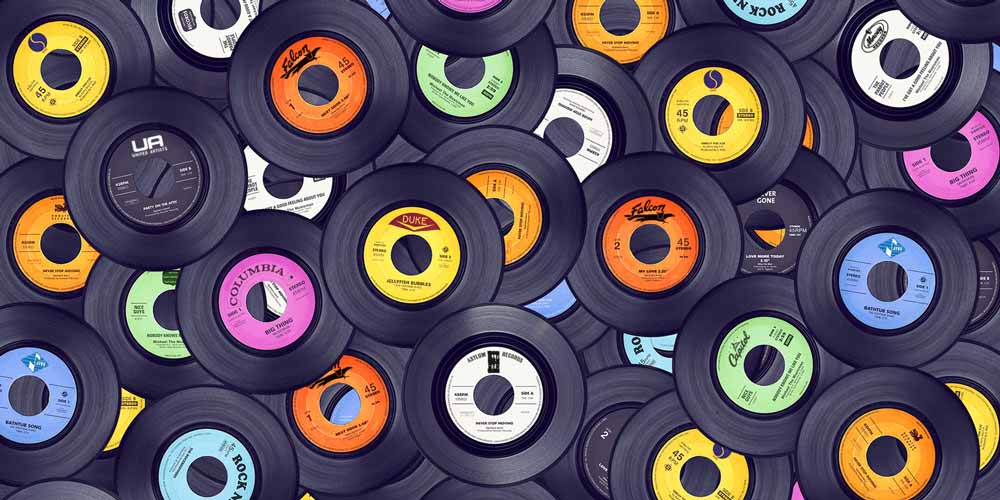===
In the vast and dynamic landscape of music, the emergence and growth of independent music labels – or indie labels – have played a crucial role in shaping the electronic music genre. These labels have not only served as launching pads for many now globally-renowned artists but also as incubators for new sounds, styles, and sub-genres. This piece explores the historical evolution of these labels, their significant contribution to electronic music, their symbiotic relationship with the genre, and how they are molding its future.
The Birth and Evolution of Indie Labels
The inception of indie labels can be traced back to the mid-20th century as a response to the monopoly of major record companies. These small, independently funded labels, often helmed by music enthusiasts and visionary entrepreneurs, were initially focused on genres ignored or underserved by the mainstream industry. Over time, this evolved into a broader mission: to provide a platform for artists who wanted to retain creative control over their work.
With the rise of punk and new wave in the 1970s and 80s, indie labels experienced a significant boom, championing these fresh and rebellious sounds. However, it was in the 1990s, with the advent of electronic music, that they really found their niche. Indie labels such as Warp Records, Ninja Tune, and Ghostly International have since been at the forefront of the genre, offering a home to experimental artists and pushing the boundaries of electronic music.
Indie Labels: The Unsung Heroes of Electronic Music
Indie labels have been pivotal in the evolution and success of electronic music. Their willingness to take risks on unconventional sounds and unknown artists has resulted in the discovery of many groundbreaking acts. It’s on these platforms that artists like Aphex Twin, Squarepusher, and Bonobo could experiment and innovate, significantly influencing the direction of the genre.
Furthermore, indie labels have often been ahead of the curve when it comes to recognizing emerging sub-genres. From house to techno, IDM to electronica, many of these sub-genres were given their first platforms by indie labels. These labels continue to nurture the genre’s diversity, allowing it to evolve and expand continually.
The Symbiotic Relationship Between Indie Labels and Electronic Music
The relationship between indie labels and electronic music is deeply symbiotic. On one hand, indie labels thrive on the genre’s inherent experimental and evolving nature, which offers endless opportunities to discover and promote new sounds. On the other hand, electronic music benefits from indie labels’ willingness to invest in and champion boundary-pushing artists and projects.
This symbiosis has led to the development of many sub-genres and the advancement of electronic music as a whole. Indie labels, driven by passion and creativity rather than commercial success, have consistently nourished electronic music, facilitating its growth from an underground movement to a globally celebrated genre.
How Indie Labels are Shaping the Future of Electronic Music
Indie labels continue to play a vital role in shaping the future of electronic music. With the rise of streaming services and music sharing platforms, these labels are increasingly becoming important curators, guiding listeners through the overwhelming amount of music available online. They offer carefully curated selections that champion quality over quantity, helping the audience discover new artists and sounds.
Moreover, as the music industry grapples with the shift towards digital and streaming, indie labels are often the first to adapt and innovate. By embracing new technologies and staying true to their ethos of championing fresh and diverse sounds, indie labels are ensuring that electronic music continues to evolve and thrive in the future.
===
In conclusion, indie labels have been, and continue to be, crucial catalysts in the evolution of electronic music. From nurturing groundbreaking artists to recognizing emerging sub-genres and pushing the boundaries of sounds, indie labels have played a significant role in shaping the genre. As the music landscape continues to evolve, these labels, with their ability to adapt and innovate, are set to steer electronic music towards an exciting and dynamic future.













